That’s exactly what we did, and the formula worked. With a few tweaks along the way, it’s still the same philosophy and process we follow when devising works today. Like many theatre companies that create new work, we use a mix of modalities—improvisation, free writing, vocalization, physical exploration, theatre games—to formulate each piece from the ideas we’ve discussed around our chosen theme.
The through line that connects all of TILT’s work is a unique philosophy and approach to the art: rather than produce work that focuses on disability head-on, we use allegory as a central approach to storytelling. While a canon of dramatic work that directly addresses disability directly already exists (The Curious Incident of the Dog in the Night-Time, The Boys Next Door, and Tribes, for example), we believe taking a broader allegorical approach affords adds a new dimension to the work and will help shatter stereotypes about disability.
From the start, we sensed that devising new works with our company members would form a focal pillar of TILT’s work and that stories about individuals and communities on the fringes of society would tie in heavily. The theatre we create analogizes “disability experiences” through shared themes of importance and relevance to our company members, like access, otherness, marginalization, stereotyping, individuality, and status quo. We also set for ourselves the goal of diversity in the work we program, to include musicals, extant full-length plays, commissioned short plays, company-devised pieces, and performance art.
Our roots in allegory, coupled with the many shared experiences of our company of actors, are what give us our particular hue. Allegories offer us a powerful lens through which to explore a particular theme or topic. We don’t use allegory to apologize or hide, but to interpret and elevate. When we produced an evening of ten-minute plays collectively called The Flip Side, for instance, we put out a call for script submissions that would address the question “Is the grass always greener on the other side?” Rather than requesting submissions of scripts that focused necessarily on disability, we explored the “flipped side” inherent in otherness of all kinds.
We saw the opportunity to establish a community of artists in Austin, Texas, who would tell stories of otherness, all the while challenging audiences to rethink commonly held perceptions of disability.

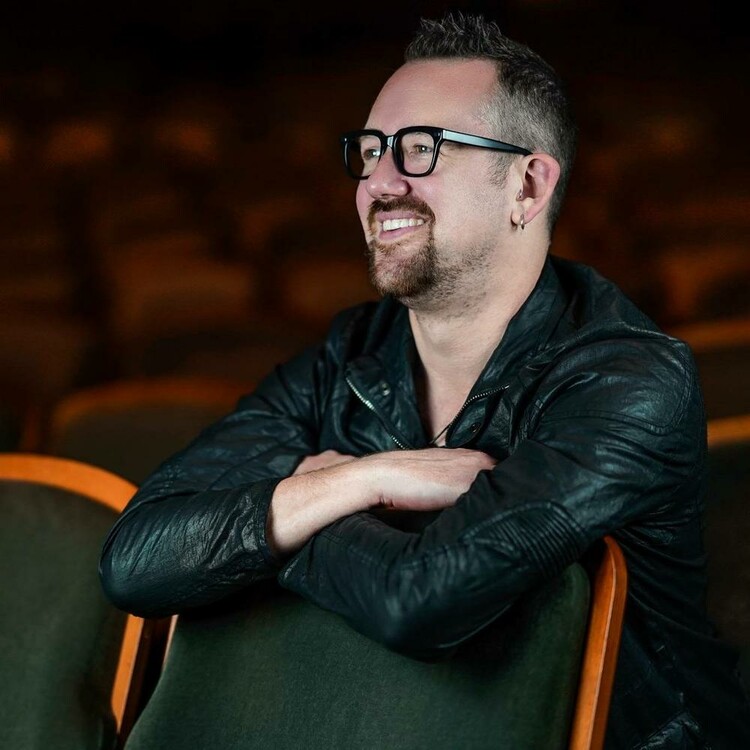
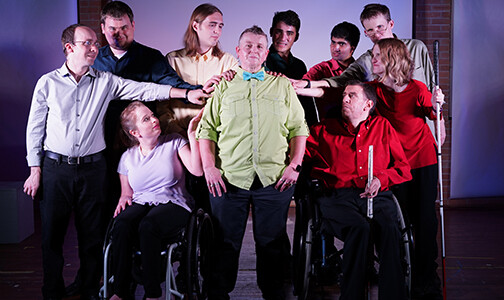
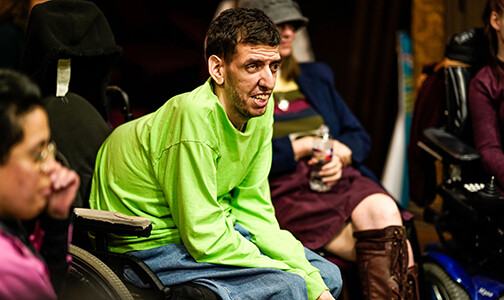
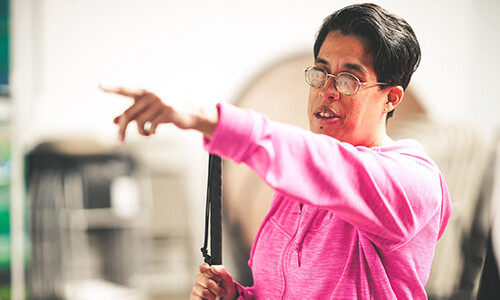
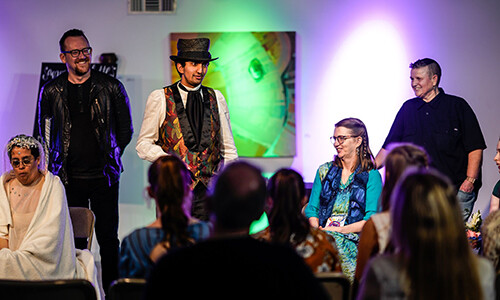
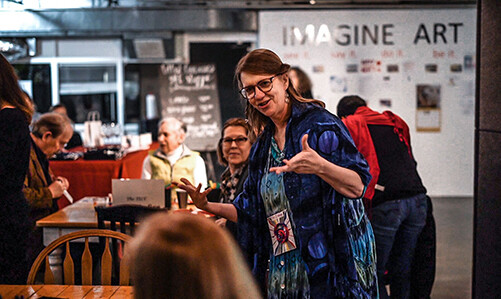
Comments
The article is just the start of the conversation—we want to know what you think about this subject, too! HowlRound is a space for knowledge-sharing, and we welcome spirited, thoughtful, and on-topic dialogue. Find our full comments policy here
Thank you so much for sharing these excellent insights into your process. I'm so happy that you are making such thoughtful work in Austin!
You make a powerful point - recognizing the experience and knowledge of the group in their lives beyond disabilities, then building stories and theater experiences on that foundation, not focusing on stories about the physical challenges.